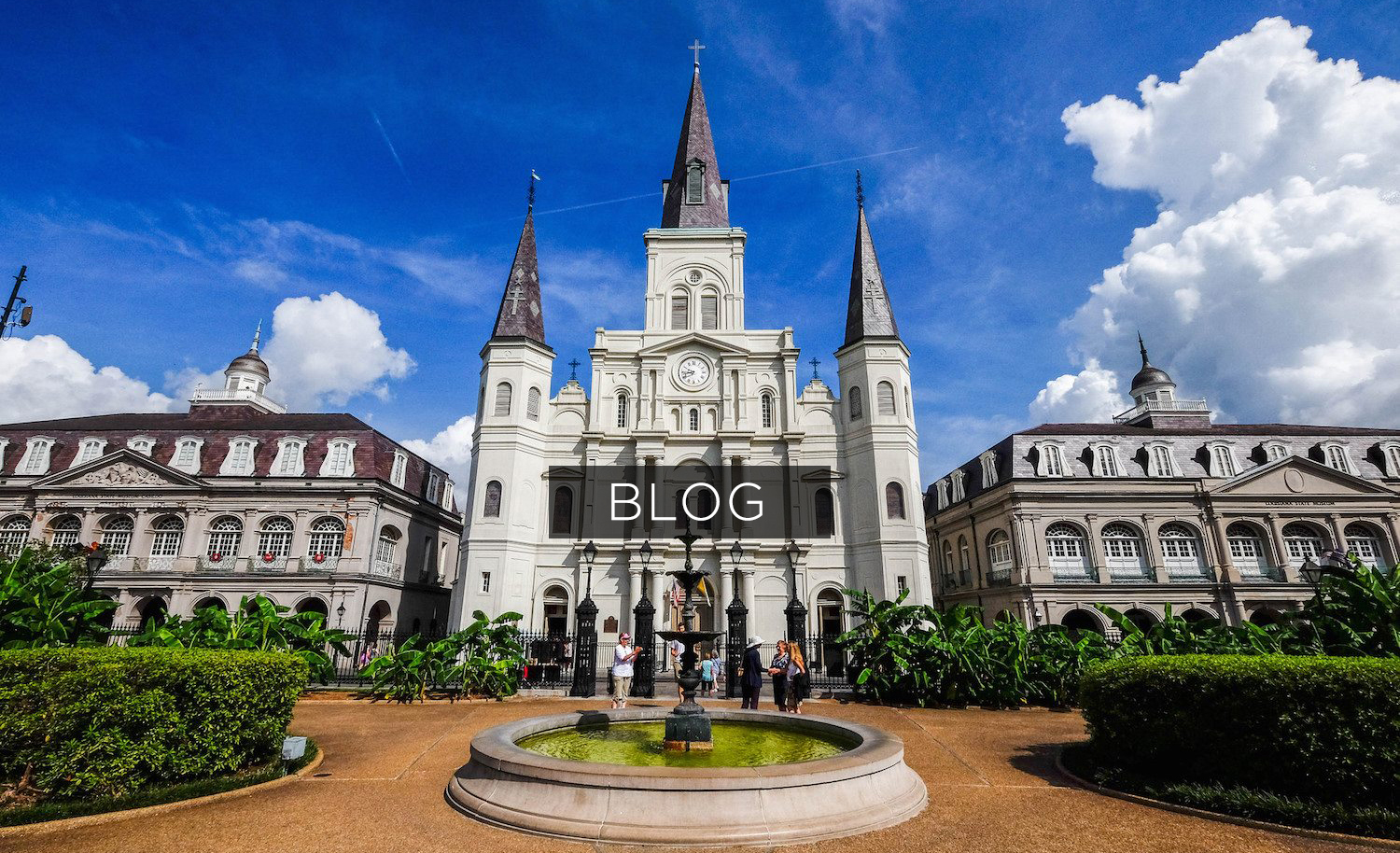Celebrating the Birthday of Snooks Eaglin
John Dunlop
Guitarist and vocalist Fird “Snooks” Eaglin was born in New Orleans on January 21, 1937. Not long after his first birthday, Eaglin lost his sight due to glaucoma. At about five years of age, his father gave him a guitar, and he taught himself to play by listening to and playing along with the radio. Mischievous as a child, Eaglin was given the nickname "Snooks" after a radio character named Baby Snooks. In 1947, at the age of 11, Eaglin entered a radio talent contest, and in 1950, he dropped out of a school for the blind to become a professional musician. Two years later, he joined a local band started by Allen Toussaint called the Flamingoes. Eaglin played both the guitar and the bass parts simultaneously on his guitar, and he stayed with the band until they disbanded in the mid-1950s.
His vocal style was reminiscent of Ray Charles, and he played such a wide range of songs and styles of music, sometimes within the same concert, album, or song, that he was nicknamed “The Human Jukebox.” He usually did not prepare set lists for his live shows, playing songs that came to him on stage and taking requests from the audience. Amazingly, his musical repertoire was said to include 2500 songs. Though he had a lengthy career spanning nearly five decades, Eaglin’s recording and touring as a solo artist were inconsistent. Over the years he worked with luminaries such as James Booker, Dave Bartholomew, Ellis Marsalis, Professor Longhair, and the Wild Magnolias. He was at his most consistent between 1987 and 1999, when he recorded five albums and recorded with other artists including Earl King and Henry Butler.
Eaglin was scheduled to make a comeback appearance at the New Orleans Jazz & Heritage Festival in the spring of 2009, but sadly he passed away on February 18, 2009. Today we celebrate the life and legacy of one of New Orleans’ own.



